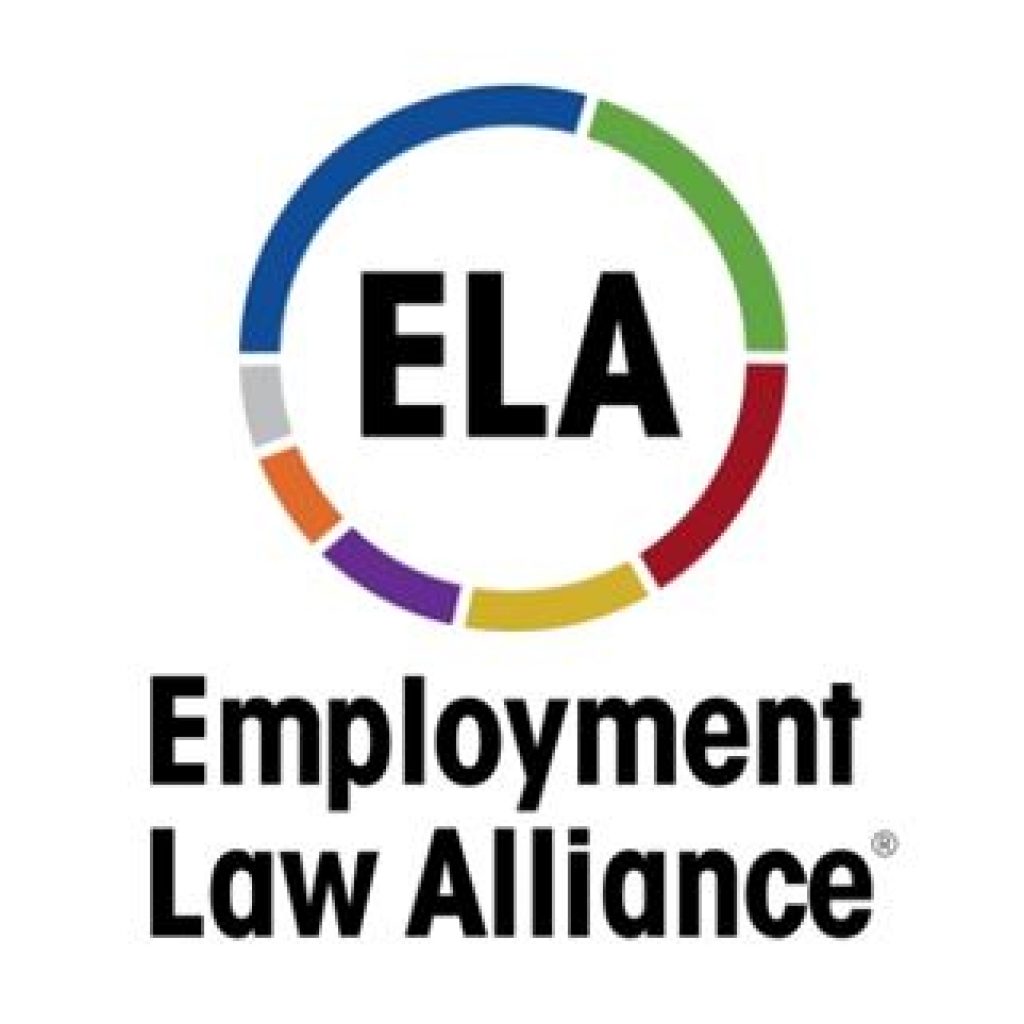Just Because It Takes Time to Respond to an EEOC Subpoena Doesn’t Make It an Undue Burden
The U.S. Court of Appeals for the Sixth Circuit gave short shrift to an employer’s argument that it should not have to respond to a subpoena from the Equal Employment Opportunity Commission because the time that it would take employees to find responsive documents was an undue burden.
In EEOC v. Ferrellgas, L.P. , an employee filed an EEOC charge of discrimination against her employer. As part of its investigation into the charge, the EEOC served several requests for information (RFI), followed by several subpoenas (although not clear from the opinion, the EEOC typically only serves subpoenas when the employer has not provided the requested documents in response to an RFI). The employer objected to the subpoena as unduly burdensome, among other things. Specifically, the employer asserted that it would take 700-1500 employee hours to review and identify responsive documents, and it refused to provide the documents. At the EEOC’s request, a federal district court ordered the subpoena to be enforced. The employer then appealed the order.
The Sixth Circuit affirmed the order of enforcement. It reiterated that whether a subpoena is overly burdensome is a fact-intensive inquiry depending on what is sought and the difficulty faced by the employer, with the employer bearing the obligation of establishing the undue burden. The Sixth Circuit observed that, “Assessing whether the burden of compliance is undue is a comparative exercise; what is unduly burdensome to a small business with a handful of employees may not be unduly burdensome to a Fortune 500 company.” The Sixth Circuit noted that the employer here offered no baseline against which it could compare the estimated response time to determine whether the burden was undue. It also stated, “Merely pointing out that compliance with the subpoena will divert employee attention from ordinary tasks is insufficient – if that were enough, then nearly every EEOC subpoena would fail.” The Sixth Circuit acknowledged that compliance would require significant time and effort, but the employer was required to provide “some metric of how significant that time and effort is.”
What this means for employers (and their attorneys) facing an EEOC investigation is to be thoughtful about responding to RFIs in the first instance. And if the EEOC serves a subpoena, be prepared to spend significant time and effort in responding to it – a court will likely not find the subpoena to be unduly burdensome unless the employer can demonstrate, relative to its size and resources, that the compliance cost and effort seriously disrupts normal operations.







